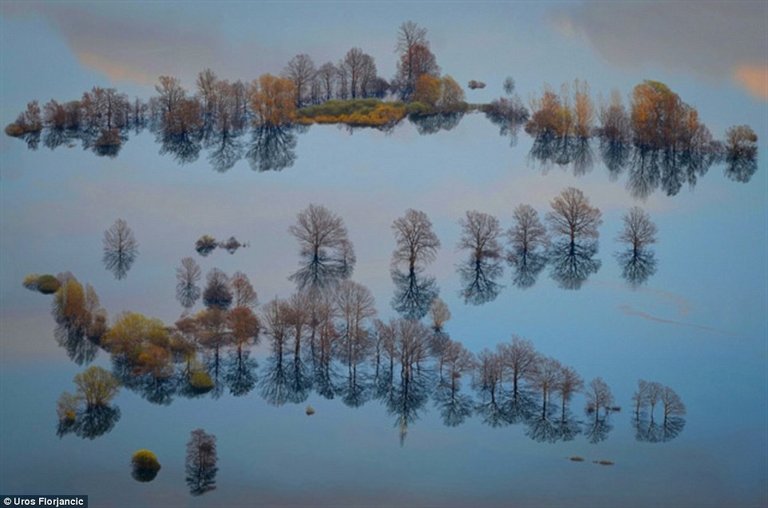- Get in close
It was the famous photojournalist Robert Capa who once said “If your photographs aren’t good enough, you’re not close enough.” He was talking about getting in amongst the action. If you feel like your images aren’t ‘popping’, take a step or two closer to your subject. Fill the frame with your subject and see how much better your photo will look without so much wasted space. The closer you are to the subject, the better you can see their facial expressions too. - Shoot every day
The best way to hone your skills is to practice. A lot. Shoot as much as you can – it doesn’t really matter what. Spend hours and hours behind your camera. As your technical skills improve over time, your ability to harness them to tell stories and should too. Don’t worry too much about shooting a certain way to begin with. Experiment. Your style – your ‘voice’ – will emerge in time. And it will be more authentic when it does. — Leah Robertson - See the light
Before you raise your camera, see where the light is coming from, and use it to your advantage. Whether it is natural light coming from the sun, or an artificial source like a lamp; how can you use it to make your photos better? How is the light interacting with the scene and the subject? Is it highlighting an area or casting interesting shadows? These are all things you can utilise to make an ordinary photo extraordinary. - Use flash during the day
You might think that you should only use flash at night time or indoors, but that’s not the case at all. If it is an extremely bright day outside and the sun is creating harsh shadows on your subject, switch on your flash. By forcing extra light onto your subject, you will be able to fill in those ugly shadows and create an even exposure. - Focal length
Keep it simple. I shoot with two prime lenses and one camera; A 28mm and a 35mm. For everything. I use the 35mm lens 70% and the 28mm lens 30% of time. It takes some time to get used to it, but once you work it out, shooting primes is the only way to go. It means you have to work with what you have and you can’t be lazy. Basically, this means more pictures and less fiddling around with zooming and maybe missing moments. It also helps for consistency. If you’re working on a project or a series, keeping the same focal lengths is a great way to maintain a powerful sense of consistency. — Justin Wilkes

good articles @miraj467
thank you
Nice post! I would also like to mention you can use Adobe Lightroom CC to enhance the lighting and colouring of the photo.
ok dude thanks
Hi! I am a robot. I just upvoted you! I found similar content that readers might be interested in:
https://petapixel.com/2014/01/24/40-tips-take-better-photos/